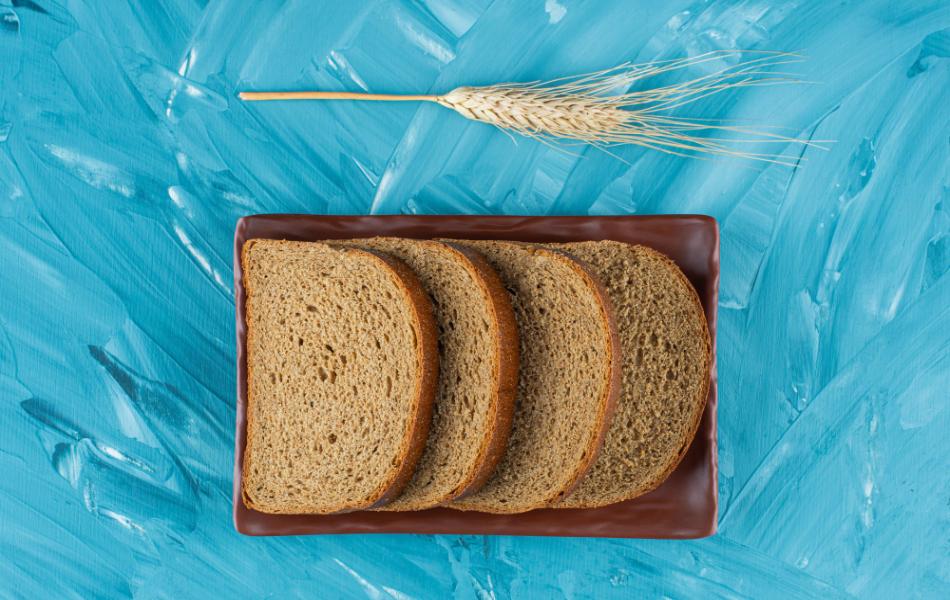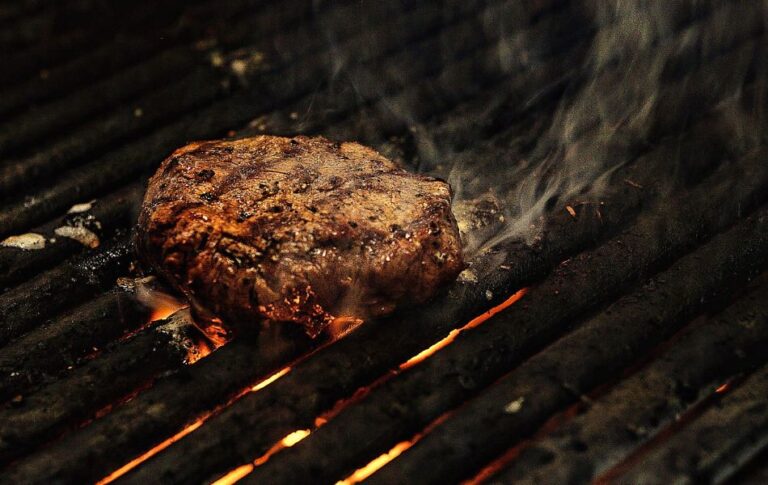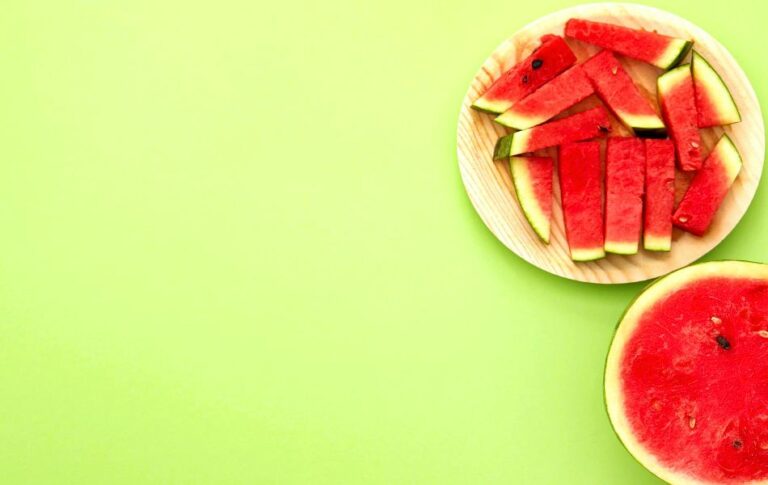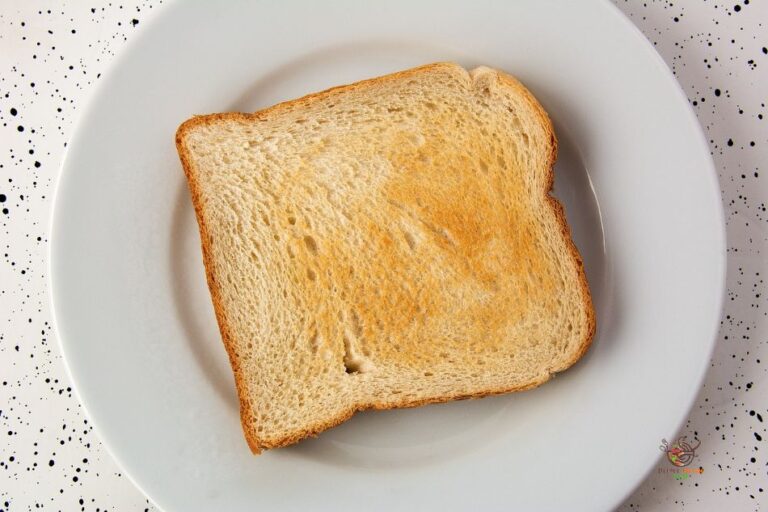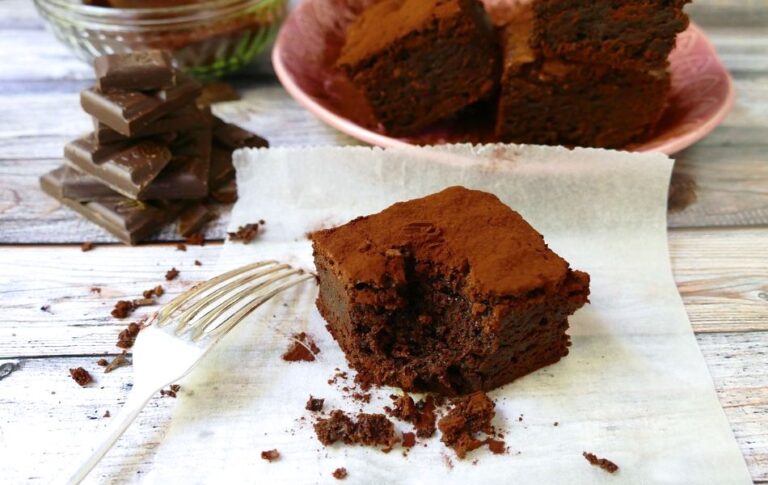Is Ezekiel Bread Healthy? A Quick Look
If you’ve been following nutrition advice, you might have heard to avoid carbs like white bread. That’s because they’re low in fiber and high in sugars, which can spike your blood sugar and lead to weight gain.
There’s an alternative to consider: Ezekiel bread. It’s not your typical bread. Instead, it’s crafted from a mixture of sprouted grains and legumes. This unique combination makes Ezekiel bread a complete protein, containing all nine essential amino acids.
Ezekiel bread offers a nutritional upgrade from white bread. While white bread lacks nutrients due to refined flour, Ezekiel bread, derived from whole grains and legumes, retains essential nutrients like protein, providing energy for your day.
What Is Ezekiel Bread?
Ezekiel bread is different from other whole-grain bread because it’s made from sprouted grains and legumes like wheat, millet, barley, spelt, soybeans, and lentils. It’s mixed with yeast, water, wheat gluten, and salt to make a healthy loaf of bread.
When grains and legumes sprout, their nutrients change, and they have fewer antinutrients. Antinutrients are not good because they can stop some vitamins from getting into our bodies. Sprouted grains have fewer antinutrients. That’s why Ezekiel bread has more nutrients that our bodies can easily use.
Ezekiel bread is slightly spongy due to its sprouted grains. If you’re used to white bread, it might take some getting used to. It also has oats and seeds on the edges, making it a bit crunchier than white bread.
Nutritional Profile of Ezekiel Bread
One slice of Ezekiel bread is a bit smaller than regular bread and weighs 38 grams. Here are the nutrition facts for one slice:
- Calories: 90
- Fat: 0.5 grams
- Sodium: 105 milligrams
- Carbohydrates: 16 grams
- Fiber: 6 grams
- Sugar: 0 grams
- Protein: 4 grams
Comparatively, a slice of Soft Sprouted Grain Bread offers the same fiber content as Ezekiel Bread. However, it contains four times more fat, including 0.5 grams of saturated fat, over twice the sodium, and 40 additional calories, totaling 130 calories per 39-gram slice.
Is Ezekiel Bread Healthy for You?
Absolutely! Ezekiel Bread is a smart choice for your health. It’s packed with a bunch of nutrients, both big and small. This bread is made from six different grains and legumes, giving you a complete protein source with all nine essential amino acids. That’s pretty rare in plant-based foods.
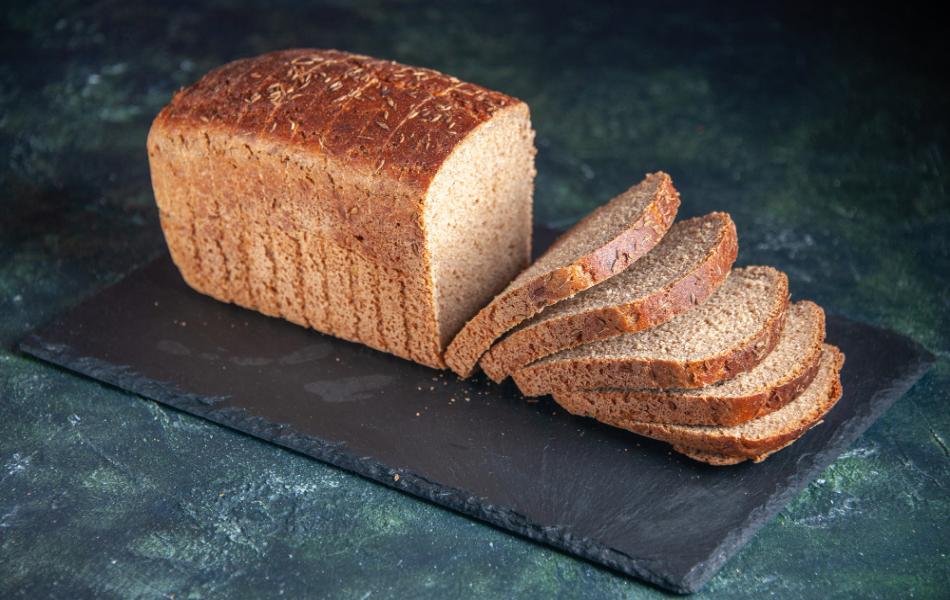
Even just one slice of this bread gives you a ton of good stuff like fiber, manganese, selenium, zinc, magnesium, phosphorus, iron, plant compounds, and B vitamins like niacin, folate, thiamin, and riboflavin. All these nutrients in Ezekiel Bread can do wonders for your health and support your body in many ways.
1. Nutrient-Packed Sprouted Grains
Ezekiel Bread is unique because it’s made from sprouted grains.
Sprouted grains are extra nutritious because they’re easier for your body to use. They’re especially rich in B vitamins, which help you feel energized.
Furthermore, sprouting helps your body absorb more nutrients by breaking down anti-nutrients. These are compounds that block your body from taking in helpful minerals like iron and calcium.
So, by using sprouted grains, Ezekiel Bread gives you more nutrients that your body needs, making it a healthy and delicious choice.
2. Good for Metabolic Health
Ezekiel Bread has fiber and protein that help slow digestion. This keeps you full longer and improves metabolic health. Slow digestion means less dramatic changes in blood sugar compared to refined carbs like white bread. This leads to better blood sugar control and more stable energy levels. It benefits everyone, regardless of diabetes concerns.
3. Gut Health Benefits
Ezekiel bread is rich in soluble and insoluble fiber, which are excellent for gut health. Despite containing wheat and not being gluten-free, it boasts many gut-friendly qualities.
The soluble fiber in Ezekiel bread acts as a prebiotic, nourishing the healthy bacteria in your gut, crucial for overall gut health. Both soluble and insoluble fiber in Ezekiel bread help keep digestion regular, preventing issues like constipation and diarrhea. Additionally, the sprouting process actively reduces gluten content while increasing overall digestibility.
4. Boosting Your Immune System
Ezekiel bread not only supports gut health but also strengthens your immune system. A healthy gut microbiome is closely linked to your body’s immune response. Additionally, the selenium, zinc, and plant compounds in Ezekiel bread act as antioxidants, fighting inflammation and getting rid of harmful molecules that can cause diseases.
5. Support Growth and Repair
Ezekiel bread is full of nutrients that help your body grow and heal. It contains essential vitamins and minerals like B vitamins, magnesium, phosphorus, manganese, and iron.
B vitamins support cell growth and function and help with healthy brain and spinal cord development in babies. Iron is essential for making red blood cells, which carry oxygen to cells for growth and repair. Manganese helps make connective tissue, bones, blood clotting factors, and reproductive hormones. Magnesium and phosphorus play roles in making sure your bones and teeth are healthy.
6. Cholesterol Control
Ezekiel bread is rich in fiber, which can help lower cholesterol. It contains more fiber than many other breads, with 6 grams in just one slice.
The soluble fiber in Ezekiel, a key ingredient, is known for its cholesterol-lowering effects. It also helps regulate blood sugar levels.
Research published in The Canadian Medical Association Journal found that eating three-quarters of a cup of cooked legumes, like the ones in Ezekiel bread, each day could lower LDL (bad cholesterol) levels by about five percent.
Ezekiel Bread – Potential Risks
If you’re thinking about munching on some bread, you might want to consider Ezekiel bread. It’s healthy compared to others, though not by a margin. But hold up, before you rush to buy it, there are a few things to consider.
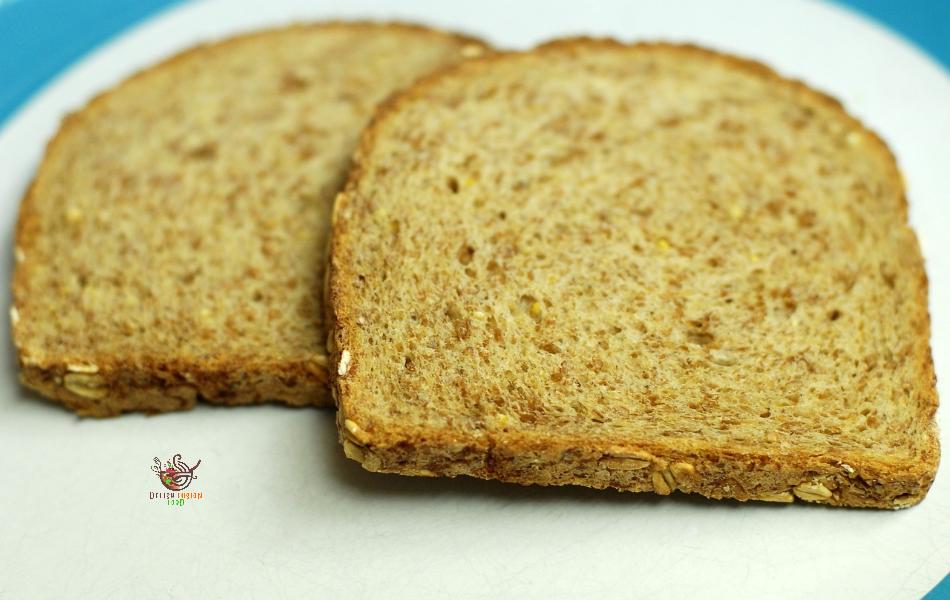
1. High Carbohydrate Content
Ezekiel bread has a lot of carbs. If you’re watching your carbs because of diabetes or trying to lose weight, you might want to eat less of it. And if you’re on a keto diet, Ezekiel bread might not be good for you.
2. Gluten in Ezekiel Bread
Ezekiel bread might not have regular flour, but it still has gluten. If you can’t handle gluten or have celiac disease, it’s best to avoid it. There are other flourless breads without gluten that you can enjoy instead.
3. Careful of Mold in Ezekiel Bread
Ezekiel bread doesn’t have preservatives. It can go moldy quicker than other breads. Even though most bread molds aren’t too harmful, they could make toxins called mycotoxins. Cutting off the moldy bits isn’t safe because the roots might still be inside the bread. So, if you see mold on your Ezekiel bread, it’s better to throw it away and get a new one.
Can Diabetics Enjoy Ezekiel Bread?
Great news for folks with diabetes! You can have a slice or two of bread without worrying about your blood sugar going crazy. This bread won’t send your blood sugar levels on a rollercoaster ride because it’s low-glycemic. Which means it doesn’t cause big spikes in blood sugar. Plus, it even got a special seal of approval from the Glycemic Research Institute as being diabetic-friendly. Eating Ezekiel bread as part of your healthy eating plan might help you:
- Keep your blood sugar levels in check.
- Avoid sudden spikes in blood sugar.
- Manage your weight.
- Lower your risk of heart disease.
- Control both type I and type II diabetes, hypoglycemia, and hypertension.
See Also – How to Store and Thaw Ezekiel Bread for Maximum Freshness?
Hey there! Want to swap out processed white bread for something healthier? Give Ezekiel bread a shot! It’s supernatural – no added sugars or preservatives. Plus, it’s packed with nutrients.

